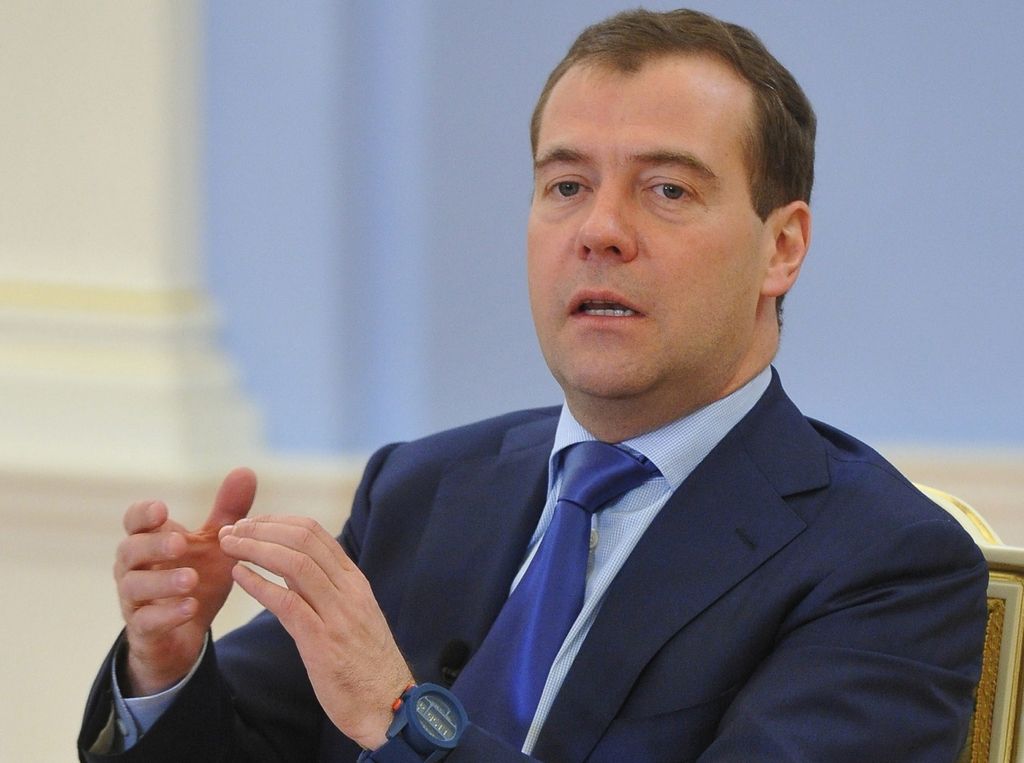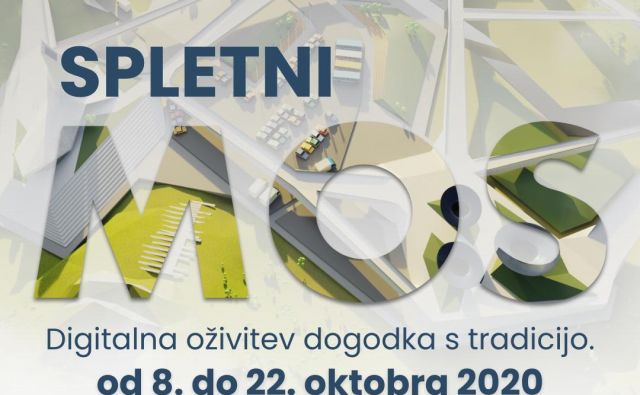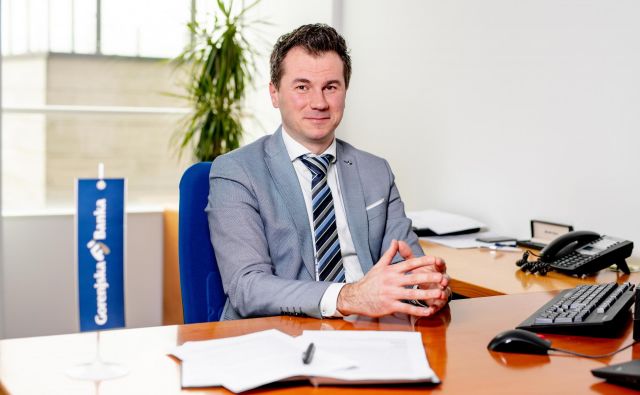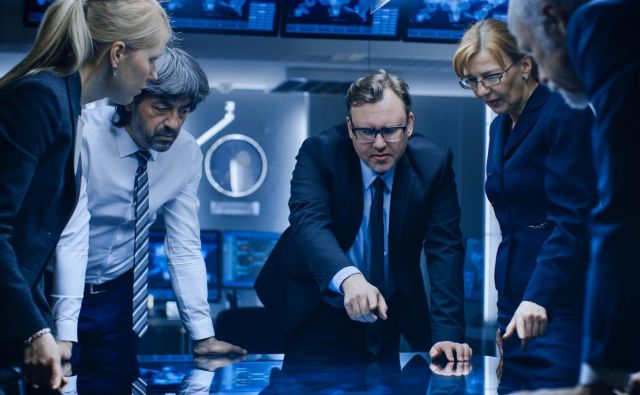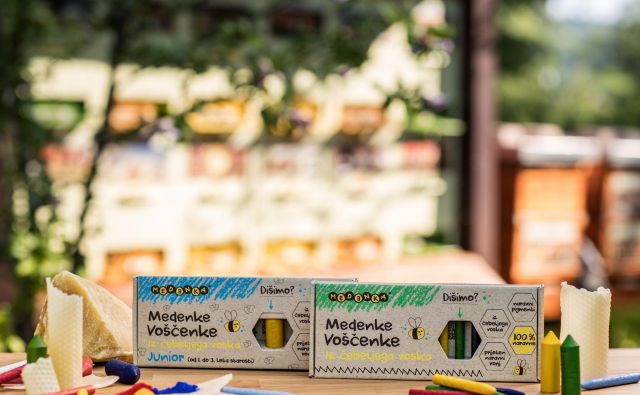The Russian Orthodox chapel on the Vršič Pass road is a vital element of Russian-Slovenian relations. It was built during WWI by Russian prisoners of war in memory of their comrades who died [in an avalanche] during the construction of the road. Local residents maintained the chapel for nearly 100 years, and it gradually came to be seen as a symbol of friendship between our nations. Slovenians and Russians come here to commemorate their ancestors.
We are sincerely grateful to the Slovenian people for this attitude to our shared past, to the historical memory. It is one of the things that help us develop good partner relations. One more example of this kind is the joint celebration of the 70th anniversary of Victory in WWII. Despite the political difficulties, a Slovenian delegation attended the celebrations in Moscow. We highly appreciate this.
Unfortunately, more attempts have been made recently to revise history, including the history of WWII. This has happened in some European countries, where the authorities take a relaxed view of the open propaganda of Nazi ideas, where national radicals feel increasingly at ease, and people in SS uniforms hold street marches.
This not only offends the memory of millions of victims of Nazism, but also threatens the fundamental principles of democracy and human rights. This has come to a point where attempts are made to regulate international relations by manipulating history. Taken together, this is crating conditions for ethnic and interstate conflicts.
We in Russia consider it vital to jointly resist the attempts to falsify history. The results of WWII have been sealed in the UN Charter and other international documents; they are an imperative for all countries. We recommend that those who have been trying to absolve Nazis and those who collaborated with them reread the documents of the Nuremberg Trials, which handed down the legal and moral sentence to the war criminals. Or they can watch the Ordinary Fascism documentary by Mikhail Romm or news footage of life in Leningrad under siege, read Tanya Savicheva's diaries, or visit Khatyn, Babi Yar, Auschwitz or Dachau. If they do, they won't need any other argument.
It was upon Russia's initiative that on 18 December 2014 the UN General Assembly adopted a resolution on Combating the Glorification of Nazism, Neo-Nazism and Other Practices that Contribute to Fuelling Contemporary Forms of Racism, Racial Discrimination, Xenophobia and Related Intolerance. An absolute majority of the UN member countries from all parts of the world voted for the resolution, and over 40 states contributed to its text, despite the resistance of several countries, which used the leverage at their disposal to pressure others into rejecting the resolution. The United States, Canada, Ukraine and Palau voted against it.
It's obvious that politicising history and using it for time-serving considerations is a shortcut to a dead-end. Disputed issues must not be used to complicate international relations but should be discussed by scientists. Lies are destroyed by facts that are so obvious that they don't need any other proof. This is why we're ready for discussion and joint studies by scientists from different countries. This alone can take us to historical truth. The less we permit the current policy to pollute history, the more objective and factual the depiction of history in books and textbooks for our children.
Medicines are the largest Slovenian export item to Russia. But in the first quarter of 2015, Russia cut medicine imports by 36 percent. Was this part of Russia's import substitution programme?
It's true that our pharmaceutical market has decreased by about one-third. But one of the main reasons was currency rate fluctuations.
All countries strictly regulate their pharmaceutical markets. It's also true that we have set the goal of producing more medicines, especially socially significant medicines that are purchased with federal money.
Slovenia's pharmaceuticals are well known in Russia. People trust Slovenian drugs. Slovenia's KRKA has been working in Russia for over 40 years. It not only supplies medicines but also invested substantial funds in creating its own plant in the Moscow Region. This is fully in compliance with our import substitution policy. We welcome the investors who bring their knowledge, technology and advanced business practices to Russia. We'll cooperate with our partners who are ready to bring their business here and build their facilities here under long-term programmes.
It is clear that the sanctions have taken a heavy toll on Russia's trade with the EU, including Slovenia. However, the catastrophic consequences of the current crisis predicted by some experts have so far failed to materialise for Russia. How did the Government achieve this?
Regarding Russia-Slovenia trade, which is dominated by raw materials, it was negatively affected not so much by the sanctions as by the adjustment on the energy markets when energy prices dropped.
Overall, it's true that Russia's trade relations with the EU and economic cooperation in general are being tested for resilience. The 38 percent decline in trade between Russia and the European Union in the first five months of 2015 speaks for itself.
Both parties are clearly suffering. No one stands to win from lower trade volume, especially when trade barriers are artificial and are underpinned by momentary political considerations. That said, have the sanctions achieved their aim? Of course, not! Have they made life more complicated? They did, but not just in Russia. You probably understand all too well that sanctions produced a boomerang effect for those who imposed them. Today, European businesses are increasingly preoccupied with the losses their countries are incurring due to the restrictions against Russia. These losses could be in the tens of billions of euros, economists say.
As for Russia's economic problems, they are to a large extent related to the accumulated domestic structural imbalances, not the Western sanctions. We are fully aware of all our economic "ills," and are consistent in our efforts to fix them. The worst has been avoided despite all the pessimistic forecasts. Russia has and will always have a safety margin. By taking timely action, including support for domestic producers, incentives for non-oil and gas exports, and enforced forex and monetary policies, we were able to stabilise the situation and to adapt to the new environment.
A special anti-crisis plan has been devised and is being strictly implemented. Through this initiative, and a number of other measures, the necessary support is being provided to the banking system, which passes it on to the industrial and agricultural sectors. This enables us to focus on major infrastructure projects, using public-private partnership plans, to support small and medium-size businesses, prepare a balanced budget, and keep unemployment at bay.
Russia currently has a trade surplus. Exports of processed goods are on the rise. Consumer demand is beginning to level out. We expect economic growth in Russia to resume by the end of this year or in early 2016. Of course, it will be modest, but it will still be an upward trend.
On top of the anti-crisis measures, the Government continues its efforts to diversify the economy and create conditions for sustainable economic growth. We work on systemic long-term issues, such as improving the business climate, supporting small and medium-size businesses, promoting major investment and infrastructure projects, updating and reequipping production facilities, and improving state governance.
We had been engaged in these efforts before the Western sanctions stand-off against Russia began. These are our strategic plans. They remain unchanged.
However, it goes without saying that at the end of the day we hope that reason and the logic of constructive and mutually beneficial trade and economic cooperation will prevail among Russia's European partners. The exchange of sanctions doesn't benefit anyone. In the end, there is no getting away from each other. Russia needs Europe, and Europe needs Russia.
Ufa hosted the BRICS and SCO summits recently. One of the points that emerged from documents is the need for the countries participating in these organisations to promote settlements in national currency in their relations. What currencies are meant first and foremost? Will the share of the single European currency in the Russian gold and currency reserves change?
It is true that measures enabling BRICS countries to use national currencies, in addition to the dollar, in mutual settlements were approved at the Ufa summits. This step goes a long way in strengthening economic ties within BRICS. Why are we doing this? Primarily, to make sure that our countries are less affected by the monetary policies of the states that issue reserve currencies. This has special importance now as the risks related to high debt levels in advanced countries remain in place. Settlements in national currencies with our BRICS partners, China and India, are already on the rise.
The Moscow Stock Exchange is trading in Chinese renminbi and Kazakhstan's tenge. Moreover, renminbi trade is conducted under the same rules as that in the US dollar and the euro. This diversification is an objective process that is expected to benefit all those involved in foreign trade.
You understand all too well that the more settlements are carried out in national currencies, the higher the influence of the BRICS countries, which account for one-half of the planet's population and 20 percent of global GDP. Russia is interested in stepping up economic ties with the BRICS countries. We have yet to unlock the great cooperation potential we have. Of course, in a situation where some European markets are closed to us, it is natural that Russia will start looking the other way.
We are now fine-tuning new financial institutions, the New Development Bank and the Contingent Reserve Arrangement. These multilateral institutions will provide new opportunities for joint lending, and will help implement new economic and investment projects. Let me add that the funds of the Contingent Reserve Arrangement will also go towards strengthening global financial security, building on existing mechanisms in this respect. This goes to say that financial cooperation of this kind is beneficial for the BRICS countries, as well as for promoting economic stability around the world.
As for the structure of gold and currency reserves, the Bank of Russia, not the Government, is in charge here. It is the Central Bank that is responsible for ensuring that these funds are well-managed, safe, liquid, and generate profits, taking into account the state and prospects of the global financial market. We are currently not expecting any significant shifts in the existing balance of Russia's reserves.
Would Russia supply gas to the EU via Ukraine if Turkish Stream is not completed by 2019, or will it stop any transit via Ukraine?
You are asking me what will happen in several years. Take South Stream: we reached an agreement on it with our European partners, completed the necessary preparations, and spent huge sums on it. We were ready to start laying the pipe across the Black Sea. What has come of it?
Officials in Brussels decided that Europe doesn't need South Stream. They refused to coordinate the construction of that large project of strategic importance to all sides. I have told your colleagues from Slovenian television that South Stream has fallen victim to Brussels bureaucracy. It showed us yet again that political considerations sometimes take the upper hand over logical and economic sense.
Despite this, we are willing to further develop our energy cooperation with the EU, building alternative routes to satisfy the growing energy requirements of European economies. I'd like to stress that Russia has always been and will always be a reliable supplier of the European market; it will always honour its commitments, just as it has always done before. And it'll always guarantee Europe's energy security.
Over the past years, we've built Blue Stream and Nord Stream. In June this year, Gazprom signed a memorandum of intent to build two new gas lines from Russia's coast to Germany across the Baltic Sea, called Nord Stream-2.
The key project that is designed to ensure the uninterrupted supply of Russian gas to Europe, primarily south-eastern Europe, is Turkish Stream. We hope it will be built on schedule. There are grounds to think so.
We have taken the first step: on 22 June, Turkey issued a permit for the engineering surveys of the pipeline's offshore section. It provides for surveying the area where the first line of Turkish stream will be built in Turkey's exclusive economic zone and territorial waters.
We are coordinating an intergovernmental Russian-Turkish agreement. Soon we'll start talks with the companies that will build the first section. I'd like to emphasise that Turkish Stream meets the interests of both Russia and Turkey.
The other countries that have confirmed their interest in the project, aside from Turkey, are Hungary, Greece, Macedonia and Serbia. Experience shows that we need new energy routes. European economies need stable energy supplies for their development.
As for the contract on Russian gas transit via Ukraine, it will expire in late 2019, or more precisely, at 10 am on 1 January 2020. If it isn't extended, there will be no legal framework for gas deliveries via Ukraine.
History shows that there's no sense in making forecasts about the future of the Ukrainian transit route. One thing is clear, though: we won't extend the transit contract with Ukraine on disadvantageous terms.
Russia has closed the issue of Crimea, having proclaimed it its sovereign territory. Meanwhile, the United States maintains that anti-Russian sanctions will not be lifted until Crimea is returned to Ukraine. Does this mean that the Russia-US confrontation will last forever?
The issue of Crimea is really closed and it was primarily closed by its residents who decided their future by voting at the referendum on 16 March last year. An overwhelming majority voted for Crimea to return to Russia. This is the choice they made in full conformity with democratic procedures and international legal standards. The attempts of those who at one time prepared Kosovo's secession from Serbia without any referendum to call into doubt the free will of the Crimean residents are simply ridiculous. Here's one small example that is far from the diplomatic domain but fully reflects the actual state of affairs. In some Crimean cities people painted their houses and fences in the Russian tricolour. They could hardly be forced to do this.
More than a year has passed since Crimea's return. This period has shown that we've done everything right. Today the peninsula is integrated into Russia's social, legal and economic life. Naturally, there are certain difficulties and much still has to be done but the main thing is that Crimeans have confidence in their homeland, in Russia.
Regrettably, as we've already said, both the United States and the European Union have exploited the choice of the people of Crimea as an excuse to launch anti-Russian sanctions, including the cessation of bilateral contacts in many areas and the imposition of illegitimate economic sanctions on our companies and banks. But let me repeat once again that the imposition of sanctions is pointless and counterproductive. It is impossible to talk with Russia from a position of force or blackmail, as its entire history shows. Any attempts to exert pressure on Russia or compel it to give up its position of principle are useless. They can only harm bilateral cooperation. This has already happened - sanctions are causing damage to both sides.
Naturally, we will cope with American and European sanctions and their adverse impact on our economy. Moreover, we have an opportunity not only to overcome their aftermath but even to use them to some advantage. We are already actively developing cooperation with the countries of the Asia-Pacific Region and promoting our domestic production, for instance, by launching import substitution programmes. The positive dynamics in our agricultural sector bear this out. We'll continue protecting our national interests.
At the same time, the restrictions imposed by Washington are damaging our relations. Major US companies do not want to lose their positions on Russia's promising market and yield their place to competitors from other countries, primarily from Asia. So let the United States decide itself what it would like to achieve with its sanctions. I've said more than once that we did not launch this process and won't be the ones to put an end to it.
It is possible that the inertia of sanctions may last in the United States for a long time. It is enough to recall the Jackson-Vanik amendment, which lasted 40 years and turned from an economic into a political lever. We'll take this into account in elaborating our trade and economic policy and, if need be, adequately respond to new unfriendly actions.
However, I still hope that the United States will resume its pragmatic positions. This has happened more than once in the past. Washington itself admits that Russia cannot be isolated in the modern world and speaks about the important role of Russian-US cooperation in resolving the dispute over the Iranian nuclear programme and many other urgent international issues.
Does the Russian Government plan to abandon the use of licensed US software in the wake of the scandal with mass surveillance by US intelligence and the possibility of new sanctions affecting the IT sphere?
Today, US-made software essentially has a monopoly in many areas. Just like the rest of the world, we use it, including our government bodies, companies, and private users. Things would have been fine if the public hadn't become aware of mass surveillance by US intelligence of users from other countries ranging from ordinary users to heads of state and government. This, to put it mildly, not only runs counter to all accepted norms of international law, but is also immoral, if you will. Moreover, a number of our businesses, banks, and oil and gas companies now have restricted access to specialised IT products and solutions.
We can't do without imported software altogether. As a matter of fact, we don't plan to. What we do plan is to introduce regulatory elements in public procurement. We will buy Russian products with public funds, if these products are a good replacement. We are now revising our laws accordingly.
At the same time, we are implementing an import substitution plan for software. We are identifying several promising areas, including business applications, anti-virus software, and specialised engineering software. Importantly, domestic products should be competitive. The local market alone will not provide sufficient demand. Therefore, we are open to cooperation with all those who are interested in technological independence.
***
Intervju z Dmitrijem Medvedjevom si lahko v slovenščini preberete tukaj: Vsaka laž se boji resničnih dejstev
 Tiskane izdaje
Tiskane izdaje

